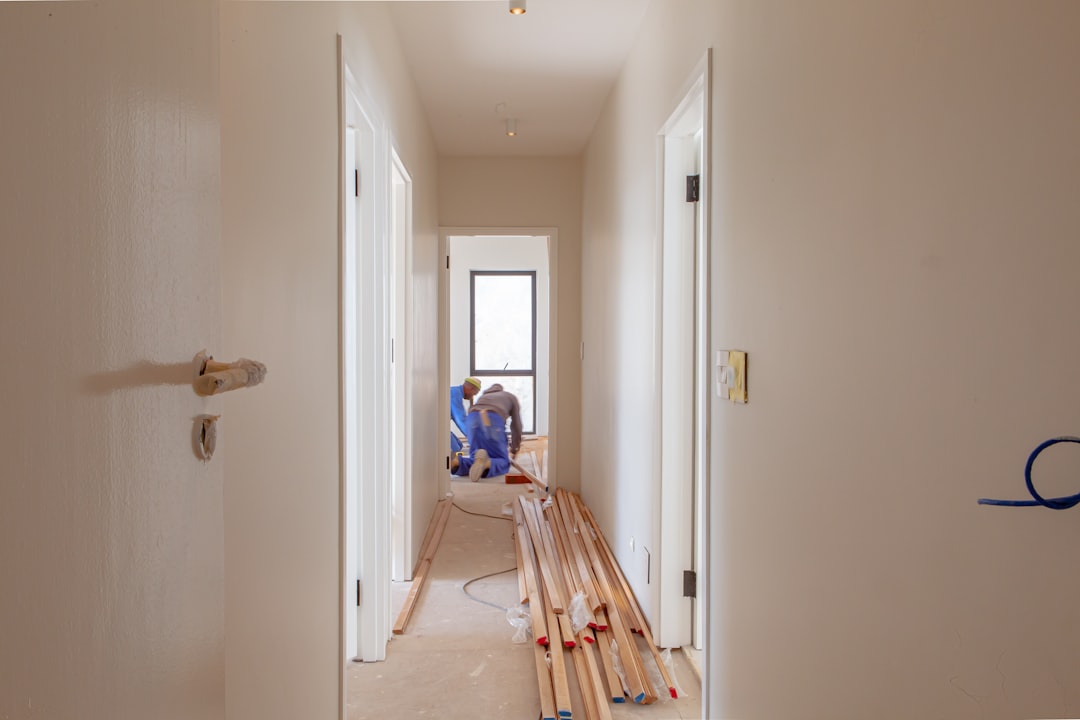Average Cost of Replacing Hardwood Floors | CountBricks
Price source: Costs shown are derived from our proprietary U.S. construction cost database (updated continuously from contractor/bid/pricing inputs and normalization rules).
Eva Steinmetzer-Shaw
Head of Marketing
Understanding the Average Cost of Replacing Hardwood Floors
For construction professionals, understanding the average cost of replacing hardwood floors is crucial. Costs typically range from $13–$25 per square foot, including demolition, labor, and finishes. This guide provides insights into key cost drivers and strategies to optimize your budget.
National Averages vs. Local Realities
While national averages suggest $6–18 per square foot, regional factors like material freight and skilled-labor premiums can increase costs. In areas like Greater Boston, expect $13–$25 per square foot. Adjust for ZIP-code-specific labor rates and real-time hardwood supply pricing.
Main Components of Your Floor Replacement Budget
- Material cost (hardwood type, grade, finish)
- Labor for demo and installation
- Subfloor repair or leveling
- Disposal and recycling fees
- Jobsite protection and cleanup
- Finishing, staining, and trim
Material Cost Breakdown
Solid hardwood averages $6–10 per sq. ft. for oak, and $10–15 for exotic species. Engineered hardwood ranges from $4–9 depending on veneer thickness. Prices are updated daily to reflect current market conditions.
Labor: The Hidden Variable
Labor costs, including demo, subfloor prep, and finish sanding, often exceed material costs. Skilled installer labor can be around $3–8 per sq. ft. Ensure accurate estimates by considering all labor components.
Subfloor Surprises
A flawless top layer requires a flat base. Joist shimming, moisture-barrier installs, or plywood replacement can add $1–4 per sq. ft. Identify potential issues early to avoid unexpected costs.
Finish Choices That Move the Needle
- Natural oil finish: +$1–3 per sq. ft.
- Water-based poly: standard, negligible upcharge
- Site-tinted stain: +$0.75–2.50 per sq. ft.
- Wire-brushed texture: +$1–2 per sq. ft.
Cost-Saving Strategies Without Cutting Corners
- Select prefinished engineered planks to eliminate sanding labor
- Schedule during off-peak months for lower rates
- Reuse existing baseboards and transition strips
- Combine rooms to avoid duplicate setup charges
Case Study: South End Brownstone
Scope: 850 sq. ft. of 3¼-inch white oak replacement. Challenges included exposed brick dust and unlevel subfloor. The project was completed within 0.4% of the AI prediction, demonstrating the accuracy of early subfloor moisture readings.
Deep Dive: Comparing Hardwood Species and Their Impact on Budget
Understanding the cost implications of different hardwood species is essential for construction professionals. CountBricks provides pricing for various species to help you make informed decisions.
Species Snapshot
- Red Oak: $6–12 per sq. ft., classic grain
- White Oak: $7–12 per sq. ft., ideal for wide planks
- Maple: $8–14 per sq. ft., modern look
- Brazilian Cherry: $11–20 per sq. ft., deep color
Installation Complexity Factors
- Board Width: Planks over 5” require glue-assist, adding labor hours
- Pattern Layouts: Herringbone or chevron doubles installation time
- Existing Floor Height: May require custom underlayment
CountBricks Pro Tips for Maximizing Value
- Request a hybrid quote blending engineered and solid hardwood
- Simulate finish options to see price differences in real time
- Use blueprint takeoff tools to add stair treads and risers early
From Estimate to Invoice—A Seamless Path
Once you approve your CountBricks quote, our team manages material delivery, timelines, and project management. Daily progress updates ensure transparency and quality.

